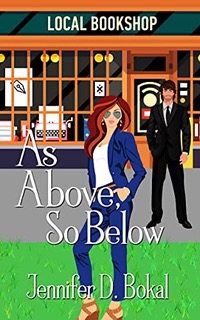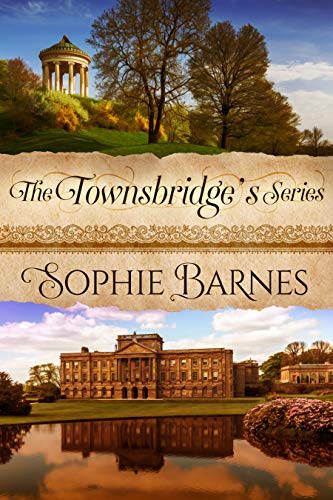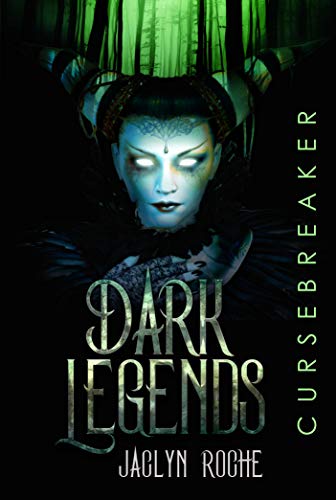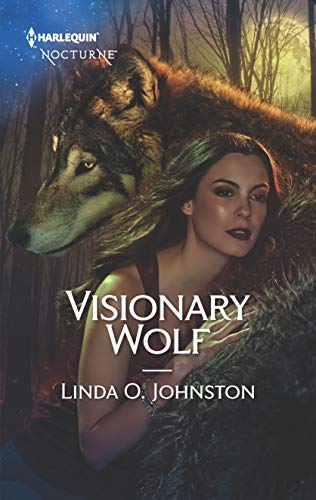Who Said That? by Jenny Jensen
January 19, 2020 by Jenny Jensen in category On writing . . . by Jenny Jensen tagged as dialog, good writingSnow falling. No deadlines looming. Perfect day to cozy up on the couch and read.
Deep into a very funny paranormal romance I reach the climactic moment when the cheeky young witch meets the acid tongued evil vampiress. Biting insults fly back and forth with the speed of fiery spells. I’m laughing and then…wait. Who said that? I have to go back to the beginning to be sure I understand which character that pithy insult came from. The dialog rages on for a page and a half, not a dialog tag in sight. The punctuation alone sets apart the speakers. The rhythm of the story is broken when I lose my place and I wish the author had found a way to make that clever, long exchange read effortlessly. It’s still funny and well written though, so I read to the end.
Not long ago I’d given up on a detective story when I stumbled on yet another doozy of a dialog tag line: “I want to go home,” she said vulnerably. Really, vulnerably? The character’s husband has just been gruesomely murdered and her junky son is in jail. I’m pretty certain she’s vulnerable. Worse, given the flow of the narrative I know who’s speaking. That adverb felt like hitting a chug hole at 40 mph. Sigh. That was the final disconnect for me – I’d lost the rhythm of the story. I no longer cared who’d murdered the bookstore owner.
The writerly world is flooded with dialog tag dicta. We have the Elmore Leonard – Steven King school of absolute ‘she/he’ said (and possibly, maybe, sometimes ‘asked’). We have the proponents of injected emotion: ‘she yelled’, “he cried”, “she demanded hotly”. And then there are the minimalists who reject all tags, relying solely on punctuation to set speakers apart.
There are no rules for dialog tags, and I don’t champion making any, but smart writers are aware of how a tag affects the narrative flow and when it adds to, or detracts from that flow. The purpose of a dialog tag is to identify the speaker. Good storytelling shows emotion so the narrative circumstances and the wording of the dialog will convey how the words were said. Depending on how the scene is structured no tag would be needed, or ‘said’ would be enough.
And then there are those instances where a more elaborate tag is vital. (There really are no rules!) All the great writers occasionally use some variation of ‘she snarled’ ‘he groaned’ etc. Sometimes it makes sense to support the dialog by a little telling. Even Steven King admits to slipping in an adverb in a dialog tag or two. A writer’s gotta do what their story demands. As an editor and reader I prefer that the music of the dialog within the setting of the scene show me all I need to know.
The reader’s inner ear will hear good dialog; it’s an unconscious understanding. For my money the best dialog tags are invisible. All that need register at the conscious level is the identity of the speaker. Does anyone knowingly read ‘said’? It’s like a good child, seen but not heard. “Unless it’s little Parker next door whose screams of delight fill me with joy,” I say unreservedly.
1 1 Read moreAffiliate Links
A Slice of Orange is an affiliate with some of the booksellers listed on this website, including Barnes & Nobel, Books A Million, iBooks, Kobo, and Smashwords. This means A Slice of Orange may earn a small advertising fee from sales made through the links used on this website. There are reminders of these affiliate links on the pages for individual books.
Search A Slice of Orange
Find a Column
Archives
Featured Books
THE TOWNSBRIDGE’S SERIES
If you love Regency romance, you’ll simply adore the Townsbridges…
More info →DARK LEGENDS: CURSE BREAKER
Kalissandra Doe has a to-do list worthy of the reincarnated goddess she could be.
More info →VISIONARY WOLF (Alpha Force)
Can she love the wolf…
Inside the man?
Newsletter
Contributing Authors
Search A Slice of Orange
Find a Column
Archives
Authors in the Bookstore
- A. E. Decker
- A. J. Scudiere
- A.J. Sidransky
- Abby Collette
- Alanna Lucus
- Albert Marrin
- Alice Duncan
- Alina K. Field
- Alison Green Myers
- Andi Lawrencovna
- Andrew C Raiford
- Angela Pryce
- Aviva Vaughn
- Barbara Ankrum
- Bethlehem Writers Group, LLC
- Carol L. Wright
- Celeste Barclay
- Christina Alexandra
- Christopher D. Ochs
- Claire Davon
- Claire Naden
- Courtnee Turner Hoyle
- Courtney Annicchiarico
- D. Lieber
- Daniel V. Meier Jr.
- Debra Dixon
- Debra H. Goldstein
- Debra Holland
- Dee Ann Palmer
- Denise M. Colby
- Diane Benefiel
- Diane Sismour
- Dianna Sinovic
- DT Krippene
- E.B. Dawson
- Emilie Dallaire
- Emily Brightwell
- Emily PW Murphy
- Fae Rowen
- Faith L. Justice
- Frances Amati
- Geralyn Corcillo
- Glynnis Campbell
- Greg Jolley
- H. O. Charles
- Jaclyn Roché
- Jacqueline Diamond
- Janet Lynn and Will Zeilinger
- Jaya Mehta
- Jeff Baird
- Jenna Barwin
- Jenne Kern
- Jennifer D. Bokal
- Jennifer Lyon
- Jerome W. McFadden
- Jill Piscitello
- Jina Bacarr
- Jo A. Hiestand
- Jodi Bogert
- Jolina Petersheim
- Jonathan Maberry
- Joy Allyson
- Judy Duarte
- Justin Murphy
- Justine Davis
- Kat Martin
- Kidd Wadsworth
- Kitty Bucholtz
- Kristy Tate
- Larry Deibert
- Larry Hamilton
- Laura Drake
- Laurie Stevens
- Leslie Knowles
- Li-Ying Lundquist
- Linda Carroll-Bradd
- Linda Lappin
- Linda McLaughlin
- Linda O. Johnston
- Lisa Preston
- Lolo Paige
- Loran Holt
- Lynette M. Burrows
- Lyssa Kay Adams
- Madeline Ash
- Margarita Engle
- Marguerite Quantaine
- Marianne H. Donley
- Mary Castillo
- Maureen Klovers
- Megan Haskell
- Melanie Waterbury
- Melisa Rivero
- Melissa Chambers
- Melodie Winawer
- Meriam Wilhelm
- Mikel J. Wilson
- Mindy Neff
- Monica McCabe
- Nancy Brashear
- Neetu Malik
- Nikki Prince
- Once Upon Anthologies
- Paula Gail Benson
- Penny Reid
- Peter Barbour
- Priscilla Oliveras
- R. H. Kohno
- Rachel Hailey
- Ralph Hieb
- Ramcy Diek
- Ransom Stephens
- Rebecca Forster
- Renae Wrich
- Roxy Matthews
- Ryder Hunte Clancy
- Sally Paradysz
- Sheila Colón-Bagley
- Simone de Muñoz
- Sophie Barnes
- Susan Kaye Quinn
- Susan Lynn Meyer
- Susan Squires
- T. D. Fox
- Tara C. Allred
- Tara Lain
- Tari Lynn Jewett
- Terri Osburn
- Tracy Reed
- Vera Jane Cook
- Vicki Crum
- Writing Something Romantic
Affiliate Links
A Slice of Orange is an affiliate with some of the booksellers listed on this website, including Barnes & Nobel, Books A Million, iBooks, Kobo, and Smashwords. This means A Slice of Orange may earn a small advertising fee from sales made through the links used on this website. There are reminders of these affiliate links on the pages for individual books.








































